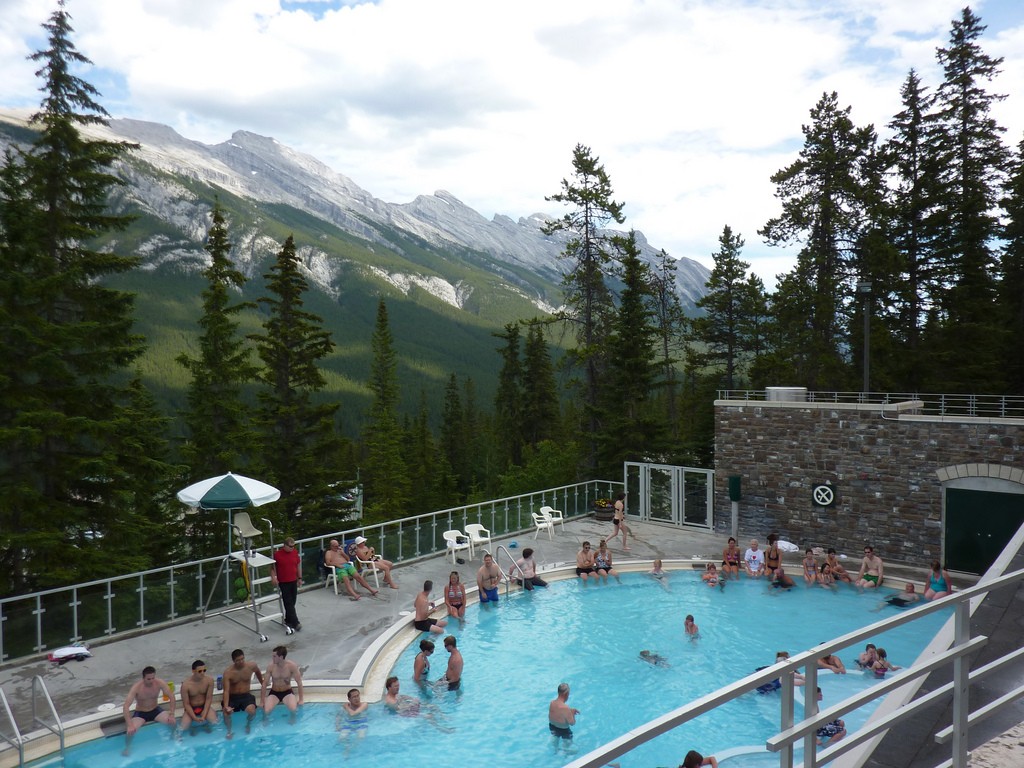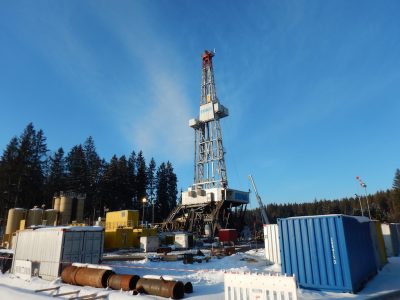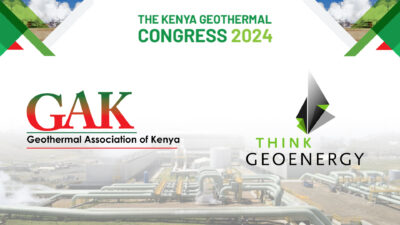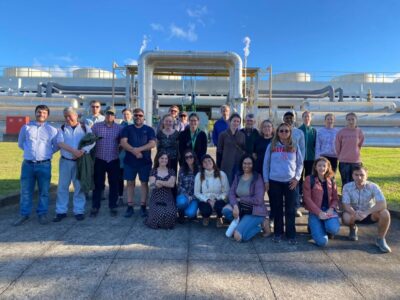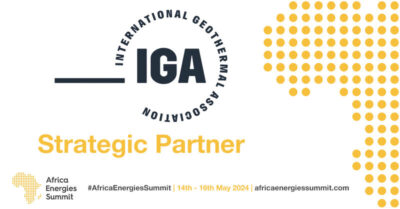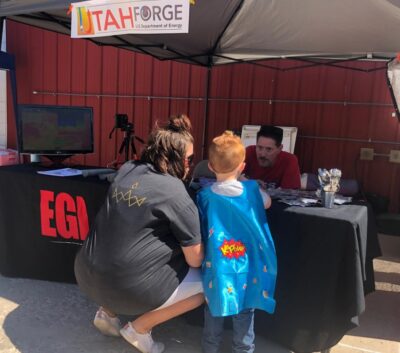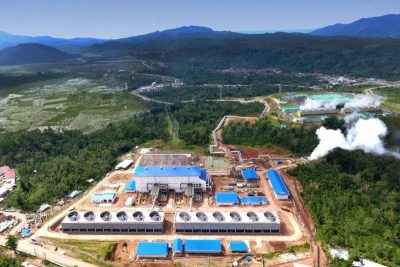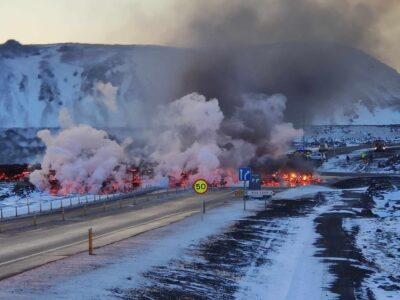CanGEA: What does the new federal budget mean for geothermal in Canada
With the recently published new federal budget for Canada, a remarkable milestone has been achieved. Not only recognises it the potential of geothermal for heating in Canada, it extends accelerated capital cost allowance [ACCA] to a broader range of geothermal projects and expenses.
In an article published by the Canadian Geothermal Energy Association shared its view on the recent policy changes based on a new budget released.
The March 22nd federal budget announcement on geothermal was the culmination of several years of work by CanGEA and the benefits to the industry will be immediate. The budget announced that
“Geothermal energy is one renewable energy source with the potential to reliably meet a portion of Canada’s heating and electricity generation needs, including in northern and remote communities, where reliance on fossil fuels remains high.
To encourage greater use of geothermal energy, Budget 2017 proposes to:
- Extend accelerated capital cost allowance [ACCA] to a broader range of geothermal projects and expenses.
- Expand the range of geothermal energy project expenses that are eligible as Canadian renewable and conservation expenses [CRCE], which can be fully deducted in the year incurred.”
The budget supplementary document laid out exactly what the above text means and it is that which I will be speaking to today.
Before March 22nd for geothermal to qualify as a renewable energy source under the Canadian Renewable Conservation Expense (CRCE) and the Accelerated Capital Cost Allowance Class 43.1/43.2 (ACCA) that energy had to be put to work for electrical generation.
The expansion of the CRCE and ACCA to include geothermal heat seems small but it is the exclusion of heat that has proven a huge challenge to the Canadian geothermal industry. Other Canadian subsurface resource developers enjoy exploration de-risking through the Canadian Exploration Expense (CEE) and require it to gain financing. The exploration expenses of a CEE qualifying project are tax deductible. These tax deductions reduce the risk of exploration and is one part of what is often talked about as fossil fuel subsidies; renewable energy qualifies for the CEE by being eligible for the CRCE. Geothermal requires the same exploration de-risking to secure financing, because the energy is several kilometres below the surface, but before March 22nd geothermal did not have assured access to the CEE (via the CRCE). The asymmetry in risk due to different levels of government industry support has made it functionally impossible to finance a geothermal development because capital has rationally favoured better secured investments. By making all geothermal projects (heat, power and co?generation) eligible for exploration de-risking geothermal projects have a much better investment prospect.
Furthermore, and related to CRCE and CEE geothermal developers can now offer investors flow through shares(FTS). The FTS work by allowing tax deductions earned by an eligible corporation to pass to its investors. FTS are extremely important to the Canadian sub-surface resource development industries and now geothermal can offer its backers access to these attractive investments, further improving the investment potential for geothermal.
Lastly, it is just good news that Canada has recognized the value of geothermal heat and will allow geothermal to heat district heating systems. Geothermal supplied district heating systems are used around the world to provide affordable heat and offset fossil fuel use but until March 22nd such systems did not qualify as eligible renewable energy projects for favourable tax status. District heating systems did, and they could be heated by solar, biomass etc. but not geothermal.
CanGEA was able to accomplish the geothermal policy change in the budget through the financial support of our members. We would also like to thank all the persons in the Government of Canada, including elected officials and ministerial employees, who took the time to listen to the geothermal industry and learn how the Government of Canada could support the development of renewable heat and/or power from geothermal.
Alex Kent, MSc, Policy Manager, CanGEA
Source: CanGEA
Disclaimer: the author is a board member of CanGEA … text was updated March 31, 2017 for clarification.
